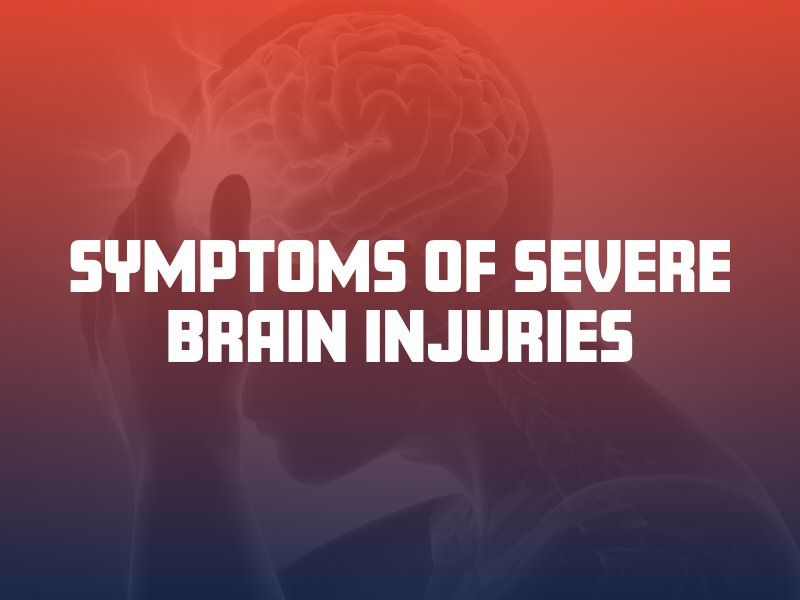If you or a loved one sustains a brain injury in an accident in Albuquerque, you could suffer a variety of debilitating symptoms. Brain injuries can be catastrophic if they cause a severe level of damage. Even mild to moderate brain injuries can significantly impact a victim’s life. Learn the different classifications of traumatic brain injuries and the symptoms that may occur with each.
Mild Brain Injuries
A mild traumatic brain injury causes a low or light level of damage to the brain’s cells or tissues from a source of trauma, such as something striking the skull or a rapid movement stretching the brainstem. The most common type of mild brain injury is a concussion. This is caused by a bump, jolt, hit or blow to the head that causes the brain to move inside the skull and sustain injury. Common symptoms of a mild brain injury or concussion include:
- Headache
- Nausea or vomiting
- Blurred vision
- Trouble balancing
- Sensitivity to light or sound
- Feeling groggy or tired
- Confusion or disorientation
- Brief loss of consciousness
A mild brain injury should not be confused with a “minor” brain injury. A common statement made by doctors and neurologists is that there is no such thing as a minor brain injury. Even a perceived low level of harm to the brain’s tissues and cells can cause life-altering symptoms. For example, some patients experience post-concussive syndrome, where the effects of a mild traumatic brain injury last longer than expected. In some cases, a patient can suffer the effects of a mild brain injury for months or even years.
Moderate Brain Injuries
A moderate brain injury is one that results in a loss of consciousness for at least 15 minutes but less than 6 hours, or one that causes post-traumatic amnesia for no longer than 24 hours. Like mild brain injuries, moderate injuries can be caused by external forces, such as blunt-force trauma to the head or skull. A moderate brain injury could also be caused by a penetrating injury, such as a gunshot wound to the head.
Moderate brain injuries can cause more noticeable or longer-lasting symptoms than mild brain injuries. These symptoms may be immediately apparent or may occur gradually over the course of a few hours or days. Delayed symptoms, also referred to as secondary brain injuries, are the result of reactions that occur after the initial trauma, such as bleeding or swelling in the brain. A moderate brain injury can include a diffuse axonal injury, coup-contrecoup injury, hematoma, contusion or skull fracture.
Severe Brain Injuries
A severe brain injury is the most concerning and life-threatening. It is often caused by a violent blow to the head or an object tearing through the brain tissue, such as a bullet or knife. Sudden, extreme damage to the brain can cause a severe traumatic brain injury. The symptoms that are often associated with these injuries include:

- Loss of consciousness for longer than six hours
- Extreme confusion
- Long-term memory loss or amnesia
- Cognitive challenges
- Trouble communicating or comprehending
- Chronic severe headache
- Repeated nausea and vomiting
- Dilation of the victim’s pupils
- Clear fluid draining from the ears or nose
- Loss of coordination
- Seizures or convulsions
- Personality or behavioral changes
- Coma or death
All types of brain injuries need immediate treatment from a medical professional. However, it is even more important for a victim who has sustained a severe brain injury to get prompt medical care. These injuries can be fatal if not treated properly and immediately. Unfortunately, even with treatment, victims with severe brain injuries may live with the symptoms for life.
Talk to an Albuquerque Brain Injury Lawyer Today
After being diagnosed with any type of brain injury, schedule a free consultation with the Albuquerque brain injury attorneys at The Fine Law Firm to discuss the possibility of a filing claim. You may be entitled to financial compensation.




